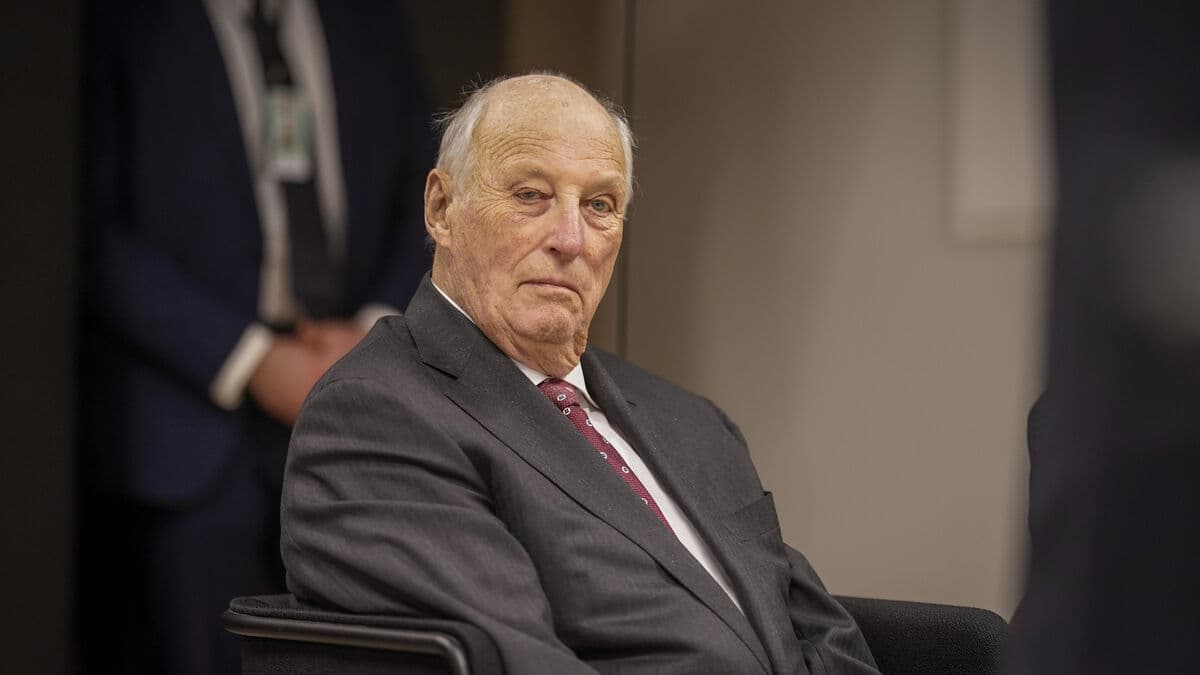Tesla's stance in the conflict remains firm.
"We already offer equivalent or better agreements than those covered by collective bargaining and see no reason to sign any other agreement," the company writes in a comment to TT.
Rational in the USA
According to Christer Thörnqvist, associate professor of labor science at the University of Skövde, this stance is rational – on an American labor market.
There, it is up to the employer to decide whether they want to have a collective agreement or not. The employer buys labor from employees. It's "take it or leave it" that applies. But we don't have that stance in Sweden, or in Northern and Central Europe, at least not until now, he says.
Christer Thörnqvist believes that Tesla's actions in the conflict completely disregard the rules that have applied on the Swedish labor market since the so-called Saltsjöbaden Agreement in 1938. It's not just collective agreements for Tesla's employees, but the entire "Swedish model" that's at stake.
There are tendencies for others to follow suit, which risks spreading and having far-reaching consequences for employees' rights on the Swedish labor market, says Christer Thörnqvist.
"Locked positions"
Do you see an end to the conflict?
It's terribly locked positions and it will remain that way. Both parties have as much money as they want and can keep going forever.






